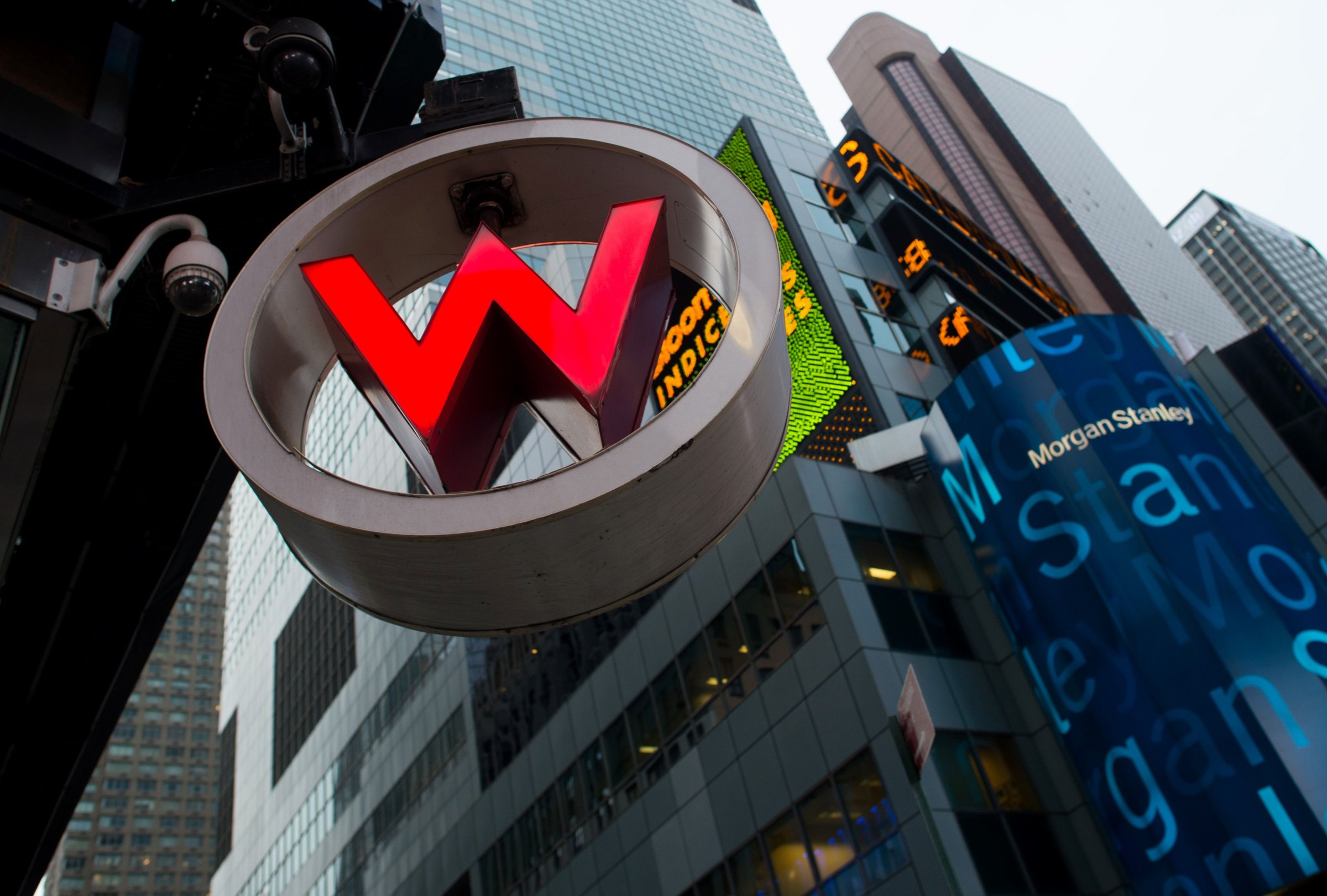
Talk about “capitalism with Chinese characteristics.” The husband of the grand-daughter of Deng Xiaoping, the Communist leader who orchestrated China’s first moves from a state-planned economy to a capitalist-ish system nearly forty years ago, has launched a surprise bid for Starwood, the luxury hotel brand. The $13 billion bid by Anbang, the firm owned by Wu Xiaohui, is a challenge to the existing Starwood merger deal with Marriott, the 89 year old U.S. hotel firm, which would create the world’s largest hotel company.
To me, the most interesting thing about the Chinese bid is what is says about the Chinese economy–investors are desperate to get their money out of the Middle Kingdom.
About a trillion dollars in capital has fled China in the last year, which is one reason that there have been such severe jitters in the Chinese stock market of late. Chinese government officials have struggled with how, or whether, to buoy the country’s currency and spend down foreign capital reserves as money flees. One way it’s going out the door is via acquisitions of foreign firms. Beijing-based Anbang has announced around $23 billion in foreign purchases in the last 18 months, including $6.5 billion worth of property from the Blackstone Group, and New York’s famous Waldorf Astoria hotel. They aren’t the only ones shelling out for overseas acquisitions. Overall, spending by Chinese firms is on track for a second record year—already its up to $102 billion according to Dealogic, which is only $4 billion shy of what was spend in 2015.
Why does all this matter? Many reasons: First, the bid underscores that mergers and acquisitions everywhere around the world are at record levels as firms look for ways to bolster profit margins and keep their stock prices high at a time when slower growth in the real economy is starting to undermine inflated asset prices that have been kept high by years of easy monetary policy. This divide between how the markets say the economy is doing, and how it really is doing, is starting to collapse, and that’s why we’ve seen more stock market volatility this year than last.
Second, the bid is a very high profile example of what is bound to be the next phase of Chinese development, Chinese brands moving into overseas markets. (This phase arguably began 12 years ago when Lenovo bought IBM’s ThinkPad business, but has accelerated recently.) Anbang’s all-cash bid is higher than Marriott’s, although if I was a Starwood shareholder, I wouldn’t think just about the money. Marriott, a family founded firm that has a history of investing in its people and thinking for the long term rather than the quarter, is an absolutely safe pair of hands. The synergies with Anbang are less clear.
The most important thing the deal signifies is how Chinese investors are thinking about their home economy. There’s no question that the Middle Kingdom is slowing, and that Chinese policy makers are struggling with how to orchestrate the leap from being a poor country to a middle income one. (That shift that will have to entail more market liberalization, a rebalancing of the economy away from state-run firms and toward consumer spending, and most probably serious political reform.) Anbang’s bid may show that some Chinese firms are ready to move onto the global stage, as part of that rebalancing. But it also might signal that they want to hedge their bets against their own economy.
One thing is for sure—a major bid by a Chinese firm against an established U.S. player is bound to be closely watched.
More Must-Reads from TIME
- Why Biden Dropped Out
- Ukraine’s Plan to Survive Trump
- The Rise of a New Kind of Parenting Guru
- The Chaos and Commotion of the RNC in Photos
- Why We All Have a Stake in Twisters’ Success
- 8 Eating Habits That Actually Improve Your Sleep
- Welcome to the Noah Lyles Olympics
- Get Our Paris Olympics Newsletter in Your Inbox
Contact us at letters@time.com